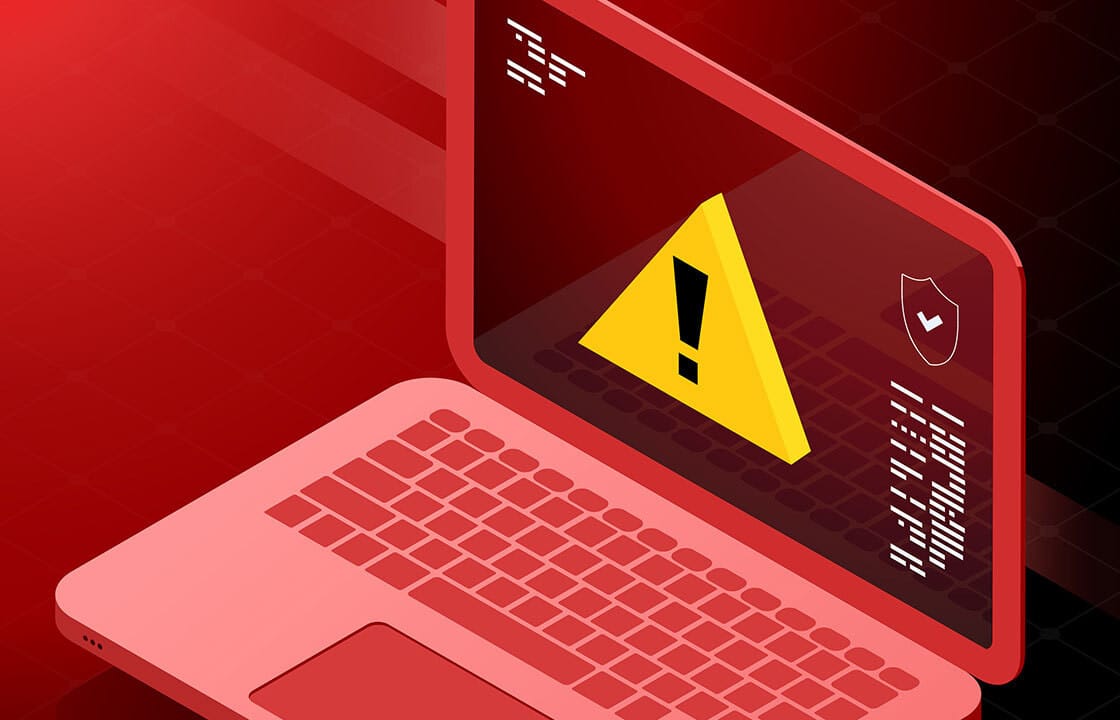Since the Coronavirus entered our lives a few months ago, our daily routines have been altered as we try and preserve our safety and health. However, scammers have remained unfazed and still active.
To gain more insight into scamming during a pandemic and how to protect oneself, CJRU spoke to Erin Fraser and Lisa Cruz from the Crime Prevention Team at the Serious Fraud Office.
Some of the standard fraud trends are still going on but of course, scammers are taking advantage of the public health crisis. The most common has been the sale of fake masks, as well as emails informing victims their utilities will be cut due to non-payments. Fraser and Cruz schooled me on some of the current trends and why they are successful.
Ontario’s current fraud trends and why they work
Fraudsters are looking to take advantage of those affected financially by the pandemic. For people trying to support themselves the opportunity to make some money may look more appealing than usual. As social distancing orders have forced the majority of us inside, more time spent online is inevitable. Across the board, telecommunications companies are reporting a massive spike in internet usage in the midst of the pandemic. Because of this, some may be more inclined to click on a link in an email or a text. Meanwhile, fear has made preventive items like masks, tests, cleaners & home supplies hot commodities. In the rush to protect ourselves and others from the virus, scammers are using the opportunity to collect our information while supposedly selling PPE. With many of us self isolating, people are spending more time alone without the same support systems around to assist in decision making.
Scams Related to COVID-19
The Canadian Fraud Center is keeping an updated list of reports of COVID-19 scams and the amount of money lost (https://www.antifraudcentre-centreantifraude.ca/index-eng.htm) due to COVID-19 fraud.
Working from Home
Scammers are sending out emails with potential work at home opportunities. They ask victims to offer up their banking information and open another account where they asked to transfer funds and keep a portion. You could potentially become a money mule by making these types of transfers, do your best to protect your banking information.
Protective Equipment
Keep an eye out for emails promoting and offering goods like protective equipment. These offers will ask for your credit card information right away to pay for shipping or a subscription fee. The Fraud Office urges you to only order from credible sources, and if it is too good to be true it probably is.
Claiming Legitimacy
There have been reports of fraudsters claiming to be from reputable groups like the World Health Organization asking for donations to help fight the virus. It is important to be wary of emails asking for donations, do your research before committing your money.
Tips on Protecting Yourself
Don’t be afraid to say no!
On the phone, it is okay to hang up on someone if something doesn’t sound right to you. When it comes to emails or text don’t click on links from senders you do not recognize.
Keep your information
Be wary of any asking for your personal information over the phone or through an email. Never give your personal information to someone you do not know.
Rental Units
Do not give any money to rental units until you have seen the property.









